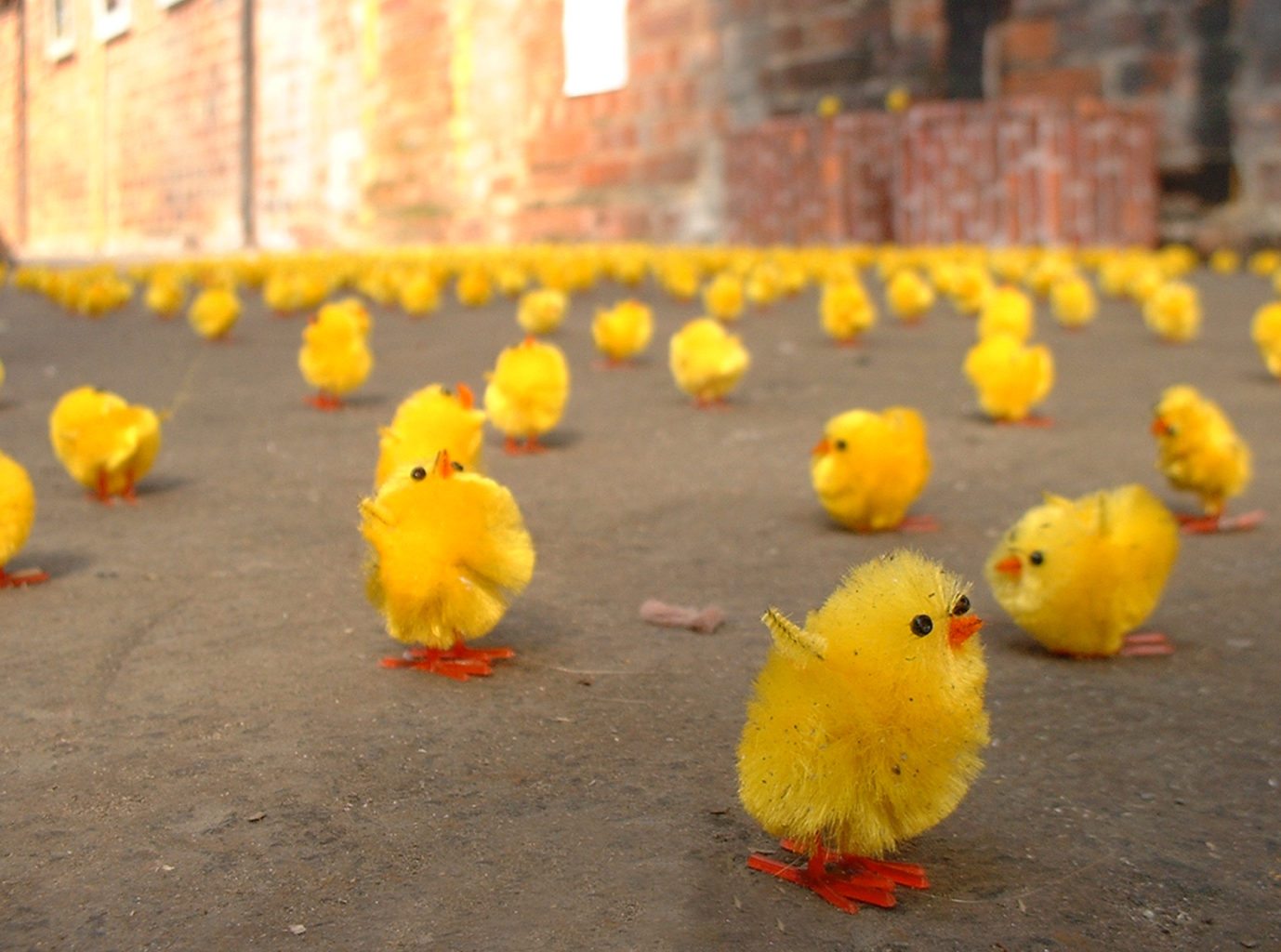Cruelty-free living
Ailsa MacLachlan considers the cost of maintaining a cruelty-free lifestyle.
Want to live your life without buying anything that may have harmed the environment or animals? This can include following a vegetarian or vegan diet in order to avoid condoning unethical farming practices and avoiding certain fabrics, such as fur or leather. You can take living cruelty-free further by boycotting certain companies that may be associated with testing their products on animals. It can be hard to find acceptable substitutes, as living totally free from animal-cruelty is still a relatively unknown phenomenon, but on the dietary front it has become more widely publicised and accepted that a significant portion of society are either vegetarian or vegan.
The horsemeat scandal of last year made people reassess the reliability of what companies say they produce and what they actually produce. Although there have been no actual studies to see whether there are links between the publicising of the horsemeat scandal and an increase in vegetarianism/veganism, I can say from personal experience that it definitely made me question what meat I was going to buy (Tesco’s Shepherd’s Pie was off the menu). I didn’t become a proper vegetarian, but I saw myself looking for meat-free alternatives following the horsemeat scandal. The range of vegetarian food amazed me and made me realise that becoming vegetarian would not be as much of a chore as I had first believed.
As university students, we are losing our naïve views tainted by the rose-tinted glasses of adolescence
It’s a nice thought, but the practicalities of actually carrying the whole concept through can be tough. The question is whether you want to spend your shopping trip holed up in Boots, digging through the shelves to find a product that wasn’t tested on animals, or do you want to nip into Boots, get whatever is cheapest and save your money for a night out?
As university students, we are losing our naïve views tainted by the rose-tinted glasses of adolescence and becoming more aware of the cruel ways of the world. There are a number of societies at Warwick that are dedicated to raising awareness of animal cruelty and advocating living a cruelty-free life.
Yet it is at university that we are released from the safety net of our parents’ bank account and sent into the world of deciding whether alcohol or food will benefit our life more. As students, should we look to uphold our morals or preserve our bank account? Again, this brings up the practicalities of living cruelty-free; living organically, choosing meat substitutes over the real thing and buying the more expensive cosmetic brands can all add up. It’s true that most students would rather be economically cautious than ethically minded.
Getting help from flatmates who may not be aware of living animal cruelty-free can also pose problems, as you have to make even more of a conscious effort to not be led astray by those eating meat or buying cosmetics that have been tested on animals. However, this can be a test for strengthening your will power, which may even spill over into other aspects of university life. It might be ideal to finally kick the habit of leaving essays until the last minute. Who knows?
While your conscience may take a battering, it’s the time and money involved that can really put people off making an active effort to live an animal-cruelty-free life
The small print on cosmetic packaging can also hinder those wanting to buy products that haven’t been tested on animals. Some companies don’t declare whether their products have been tested on animals, while some cosmetics are packaged in too small a way to allow space for the fine print telling the consumer that a product has been tested on animals. It’s also a very time-consuming business looking at numerous labels – wouldn’t you rather just go home and have a nap?
We are bombarded by celebrities taking their clothes off for the newest PETA campaign and videos on Facebook of animals being subjected to horrific treatment all in the name of testing new make-up. However, wouldn’t you rather an animal showed a reaction in a controlled environment than for you to buy a new product to find it was not safe? It’s a hard choice, but at the end of the day the cosmetic companies are doing it because of the health and safety rules that the government impose on them; it’s sometimes a necessary evil.
While your conscience may take a battering, it’s the time and money involved that can really put people off making an active effort to live an animal-cruelty-free life. It would be nice to think that society has made it easier for us to carry out a life free from cruelty, but it is ultimately the economic angle that, particularly as students, we would struggle with.

Comments